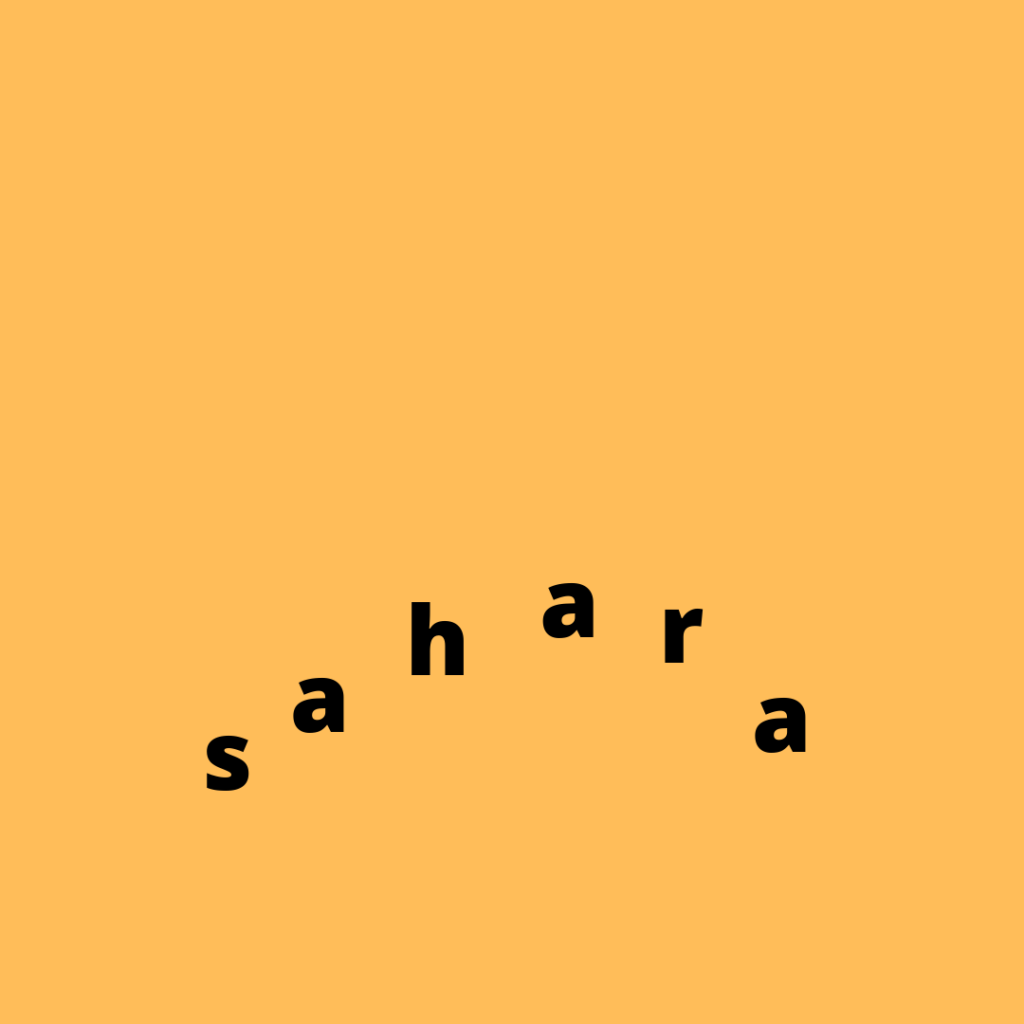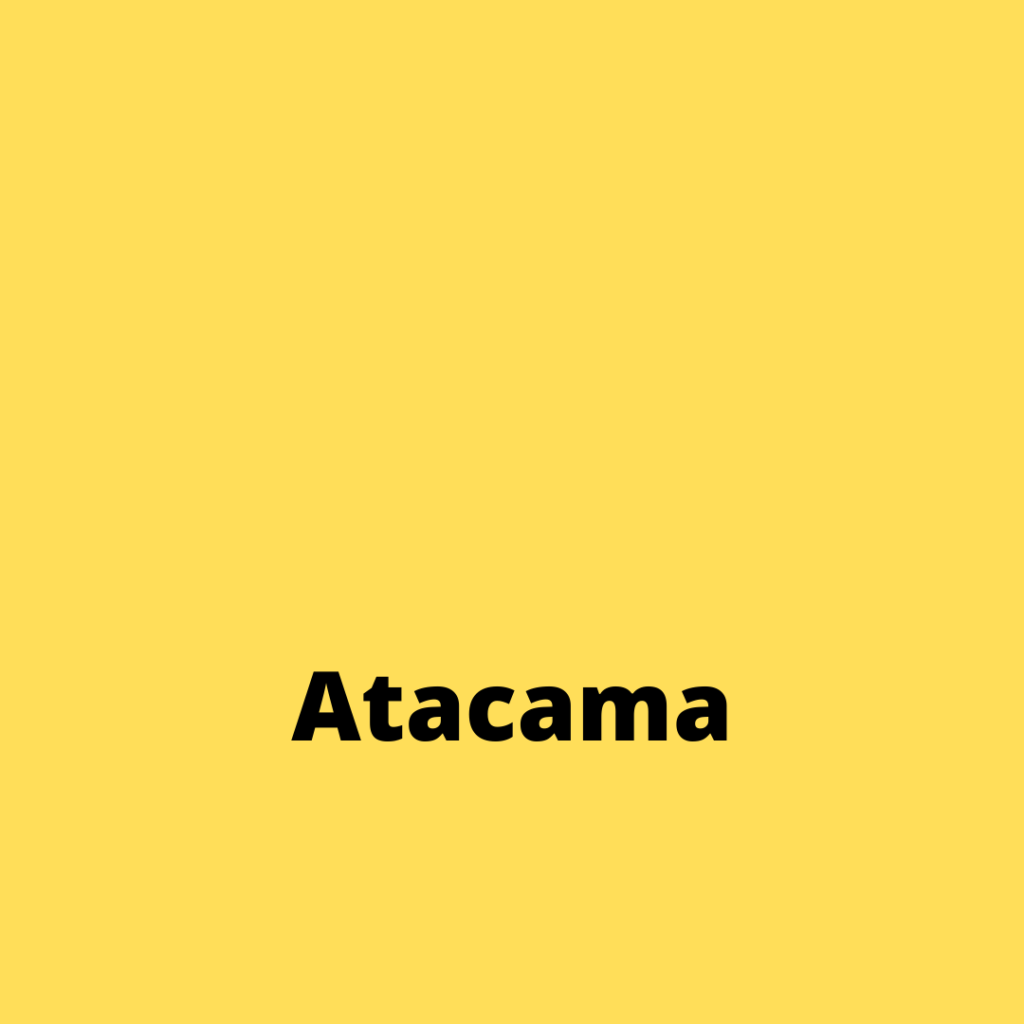Powered by RedCircle
Here we are, together again for the haiku pea podcast, Episode 21 of the 3rd series. I’m Patricia, your host and today I’m joined by Craig Kittner to continue our conversation about pretentiousness and m shane pruett who will give us a reading of some of his unpublished work in progress.
Some of us have started a new renku, so naturally there’ll be a renku update. Don’t forget if you would like to take part in a renku, let me know. I’m putting together the cast for the next one. To end today, there’s a haiku from my friends the Clevelands, over at the haiku poet podcast.
But first I have some housekeeping bits and bobs, which include an update to the autumn journal and the topics for next year.
If you’d like to stay up to date about what is happening at Poetrypea then do please sign up for the mailing list on the website. For the time being my mailings and the website will be the most consistent way I’ll be communicating with the world. There’s lots of news coming soon, like the announcement on the availability of the latest journal and of course the topics for next year.
So what is happening with the journal? Well, sorry but my little stay in hospital has held me up but I am at the proof stage of production, so as long as there are no huge problems you should get a mailing soon, well within three weeks, to tell you it’s available at Amazon.
Now, we are at that stage of the year when I announce the topics for next year. They will be on the website soon but I’d like to let you know what I’m planning for next year. It’s probably a little selfish of me but I feel like my technique has really suffered this year and I need a boost to get my creative juices flowing. So what I thought was, let’s spend the year writing haiku not to specific word prompts but using specific techniques. The first technique I’d like to kick off with, and we will return to it a few times next year is kigo.
Kigo as you probably know is a word used to describe the season which traditionally has been used in haiku. It places the haiku in a particular season and in Japanese culture added another clue, a “specific poetic association” to quote Haruo Shirane (1), He uses the example of rain to illustrate his point. “Spring rain, for example, became associated with soft, dreamy thoughts; the wet season, particularly that of the fifth month (June), implied a sense of unending depression; and the intermittent showers of winter connoted impermanence and uncertainty.” Now, it occurs to me that this cultural / poetic association is not valid in English language haiku. English is a global language and so it’s hard to have that cultural/poetic association, or is it? That’s something I’d like us to explore this year.
For now in this first exploration of kigo, let’s set ourselves the goal of putting our work solidly in a season. As we are a global movement, we experience our seasons at different times, and some of us really don’t have the four distinct seasons so apparent here in Switzerland, or indeed other areas of the northern and southern hemispheres. Nonetheless I would like to work with kigo for four months next year and in January I’d like to begin with spring and autumn. Please note that from December I’ll have a new submission period. I will only be accepting submissions for each topic between the 1st and the 20th of each month and as those of you who have been late know, I am ruthless about deadlines.
So to summarise, from December the 1st to December 20th I shall be accepting haiku with kigo for spring and autumn. If you are not sure where to start I’ll put a couple of links on the shownotes to get you going. There’s a zoom talk by Phillip Kennedy:”The Seasons We Cherish: Season Words and Japanese Traditional Aesthetics” and a list of kigo which I have found useful in the past. “The 500 essential Japanese seasonal words” . Here is another link that m shane pruett recommended to me, “The Yuki Teikei Haiku Season Word List“, thanks Shane.
But what would be interesting is the development of our own kigo, so don’t be afraid to go off piste. Put a seasonal reference in your haiku and if I don’t understand it, I can always ask. Just don’t put the name of the season as your seasonal world, let’s be more imaginative than that. I’m looking forward to reading your work. But before we get to spring and autumn don’t forget haiku and senryu without verbs; deadline 1st December.
Now, today Craig and I are carrying on our conversation from S3E19 in which we were discussing pretentiousness. If you didn’t hear that, it’s probably a good idea to listen to that first. We covered the first of Craig’s two categories, that is, a sense of putting on airs and grandiloquence and now we come to the final part, looking at what Craig is calling audaciousness. Of course we’re going to get into Tundra, but don’t let me spoil it for you…
Let’s see what you make of our chat. Do email me and let me know, but also if you have a moment, put a comment on the youtube offering so Craig can see your thoughts too. Remember we like a debate and I know you’ll keep it constructive.
*********************
My thanks to Craig, who gave up so much of his time for us. I hope you enjoyed it and it’s given you something to mull over. The pictures of the one word haiku inspired by Richard Hargreaves, are below as well as Craig’s monoku:
raindrops becoming the sound of rain
bottle rockets # 41 8/19
once shaded sweat carries the weight of sunlight
Bones Issue 20, 2020
Also I got in touch with Mark Gilbert after the recording and he kindly sent me links to the work I was looking for: Mark’s work pages 20 and 23.
Magazines Craig Mentioned:
Bones Journal
Sonic Boom
Modern Haiku
Shot glass journal
Now as I said at the beginning, we’ve started renku 5 or to give it its title: Golden leaves drifting
Thanks so far to s zeilenga, Kim Russell, Riham El Ashry and Lorraine Padden we’ve made a cracking start, I think.
evening breeze
golden leaves drifting
under streetlights
s zeilenga
night creatures
explore their new world
Bisshie
through crumbling soil
ink caps and dead man’s fingers
mushrooming
Kim Russell
dry, yellow cornstalks-
black feathers watch over
Riham El Ashry
harvested fields
rinsed in moonlight
their cycle complete
Lorraine Padden
Much more to come over the next months. Thanks again to all the poets involved for working with me on this. I love collaborating with other poet on the renku.
Next another treat for you: The voice of another of our community of poets, m shane pruett. He’s going to read some of his unpublished work for you and I hope you’ll send me feedback for him. He’d like your thoughts on the work and suggestions for improvements. Send me emails and I’ll forward them to him.
Shane’s work in progress:
blood donor—
mosquitoes dispense me
to the passing bats
quarantine rooms—
from there I crept outside
and saw the stars
smoke inhalation—
the burning question
of tomorrow
homeless camp—
masks are no protection
from misfortune
Spring
hovering kestrel—
the meadow below
turning green
Summer
birdsong
how the light seeps
into my room
Fall
blushing
before she disrobes
—red maple
Winter
cold sun
warming the old pine
a red-tailed hawk
I don’t know about you, but I have some thoughts for Shane for instance:
quarantine rooms
from there I crept outside
and saw the stars
It immediately struck me that you could remove some of line two and change the tense:
quarantine rooms
I creep outside
to see the stars
Shane as you already know I enjoyed listening to your work and the emotional vibrancy of your voice. Let’s reward Shane’s bravery and send him lots of feedback, email me please.
Sorry folks but that’s all for today. Before I leave you my thanks to the Cleveland family over at the Haiku Poet podcast. They read out one of my haiku, which I wrote for them:
cloudless sky
storks gather
in the marshes
Bisshie
Then they sent me a lovely thank you letter , a drawing and a haiku, which I’d like to read to you before we go:
Clouds drifting through reeds – children fishing
The Clevelands
My thanks to everyone who has contributed to the podcast today and to you for coming along and listening, it’s nice to think that I’m not just chatting to myself. Thank you all.
If you have any thoughts on the podcast, please email me and don’t forget I’m accepting submissions of haiku and senryu without verbs until the 1st December and from the 1st of December until the 20th I’ll be accepting your submissions of haiku with kigo relating to spring and autumn.
See you in a couple of weeks when I’ll read you the verses written specially for us on the topic of social issues. Jim has worked really hard for us as guest editor, thanks Jim and I think we have whittled out the politics and have a very interesting project which tells us a little bit about what is bothering us globally. There’s quite a bit of consensus, but you’ll have to listen to the next podcast to find out the results. Until then, keep writing….
If I’ve left anything out of the shownotes or you have questions, just send me over an email and I’ll get back to you. Ciao
1. Haruo Shirane “ Traces of Dreams”

haiku byRichard Hargreaves
visual Patricia

haiku by Richard Hargreaves
visual Patricia


